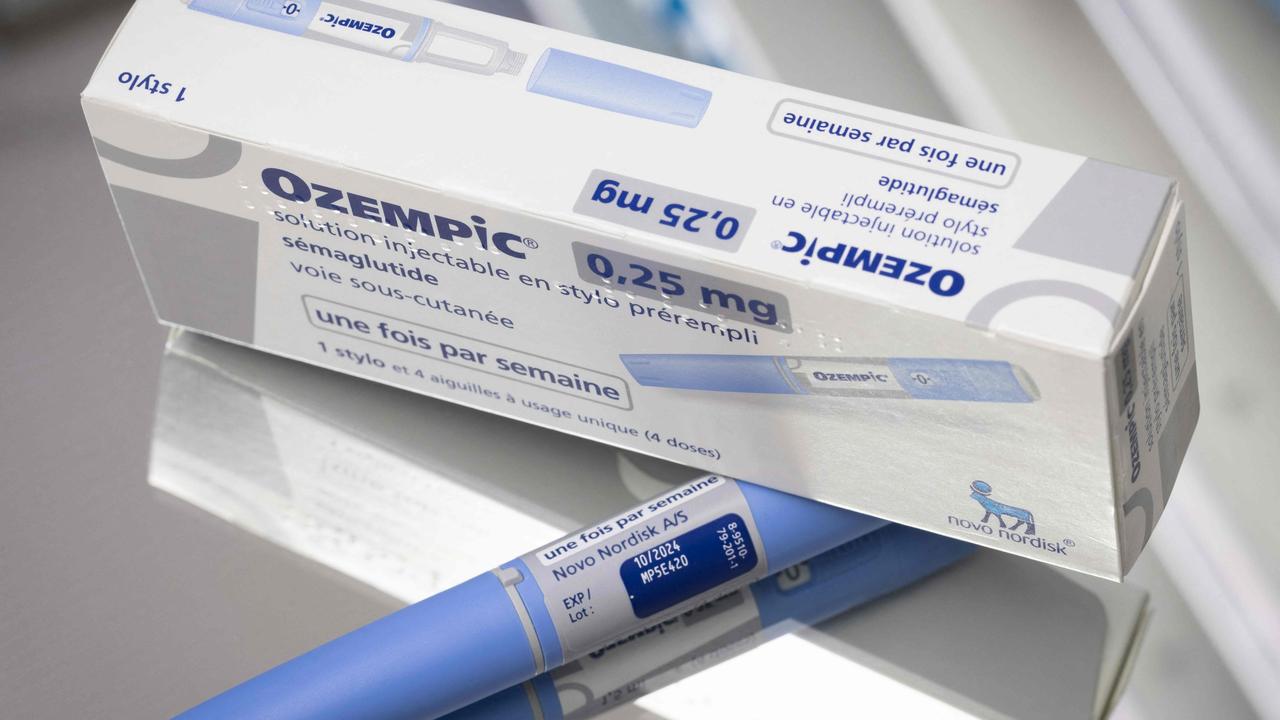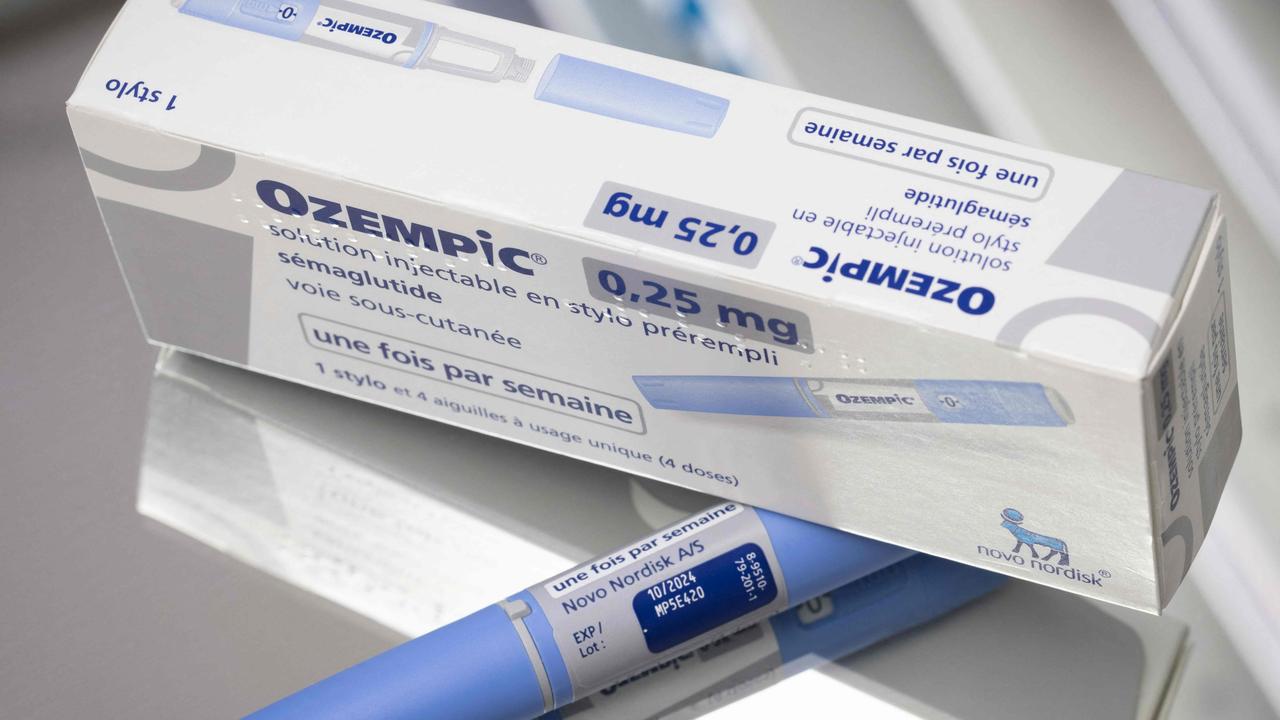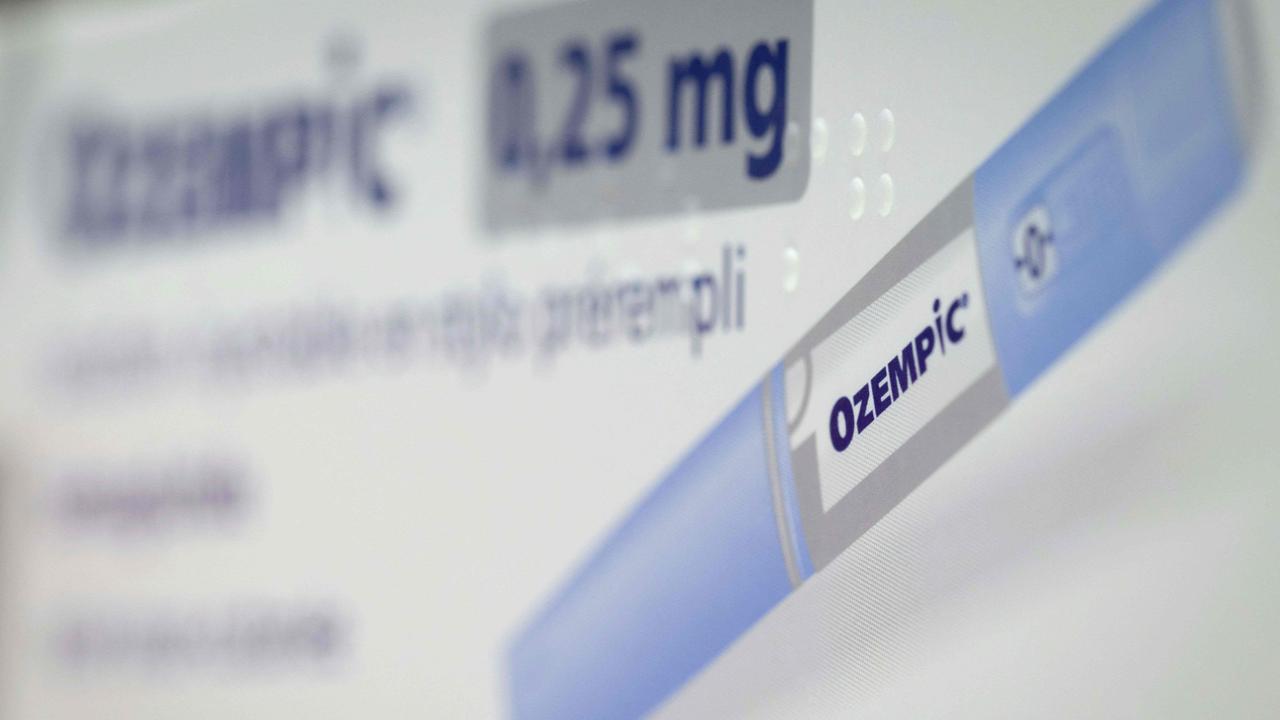Ozempic: Diabetes drug misuse sends Aussies to ER
Australian hospitals are witnessing a worrying trend in relation to rising the use of diabetes drug Ozempic.

Australian hospitals are witnessing a worrying number of emergencies related to Ozempic overdoses.
The Victorian Poisons Information Centre has received 82 related calls within two years, with the primary reason for calls (74 per cent) due to medication administration errors.
Meanwhile, data from the NSW Poisons Information Centre, first reported by The Guardian, points to more than 120 related calls in the past year, with the vast majority concerning incorrect dosages.
Semaglutide, marketed as Ozempic, is approved for type 2 diabetes management but is increasingly prescribed “off-label” for weight loss, a practice costing patients over $130 each month.
The drug’s administration, intended to be a weekly injection, has been fraught with errors, leading some patients to hospital emergency departments.

These incidents aren’t isolated. They parallel a tragic story about an Australian mother who died after using Ozempic.
Trish Webster, a 56-year-old who trying to slim down for her daughter’s wedding, succumbed to the consequences of using the drug alongside Saxenda, another diabetes medication repurposed for weight loss.
The crisis is also exacerbated by celebrities and influencers who tout such drugs, contributing to their demand and a subsequent worldwide shortage.
With shortages expected to continue into 2024, Australian doctors are advised against prescribing Ozempic to new patients and focus on those with diabetes.

Amid the shortage, the Royal Australasian College of Physicians published findings linking the increase in poison centre calls to the drug’s advertised weight-loss benefits.
The study calls for precise dosing instructions from healthcare providers to patients, especially those new to injectable medicines.
Complicating the situation further is the illegal circulation of counterfeit semaglutide, which has led to hospitalisations overseas.
However, the Therapeutic Goods Administration (TGA) confirms no counterfeit Ozempic has entered Australia, and no adverse events involving fake products have been reported.





